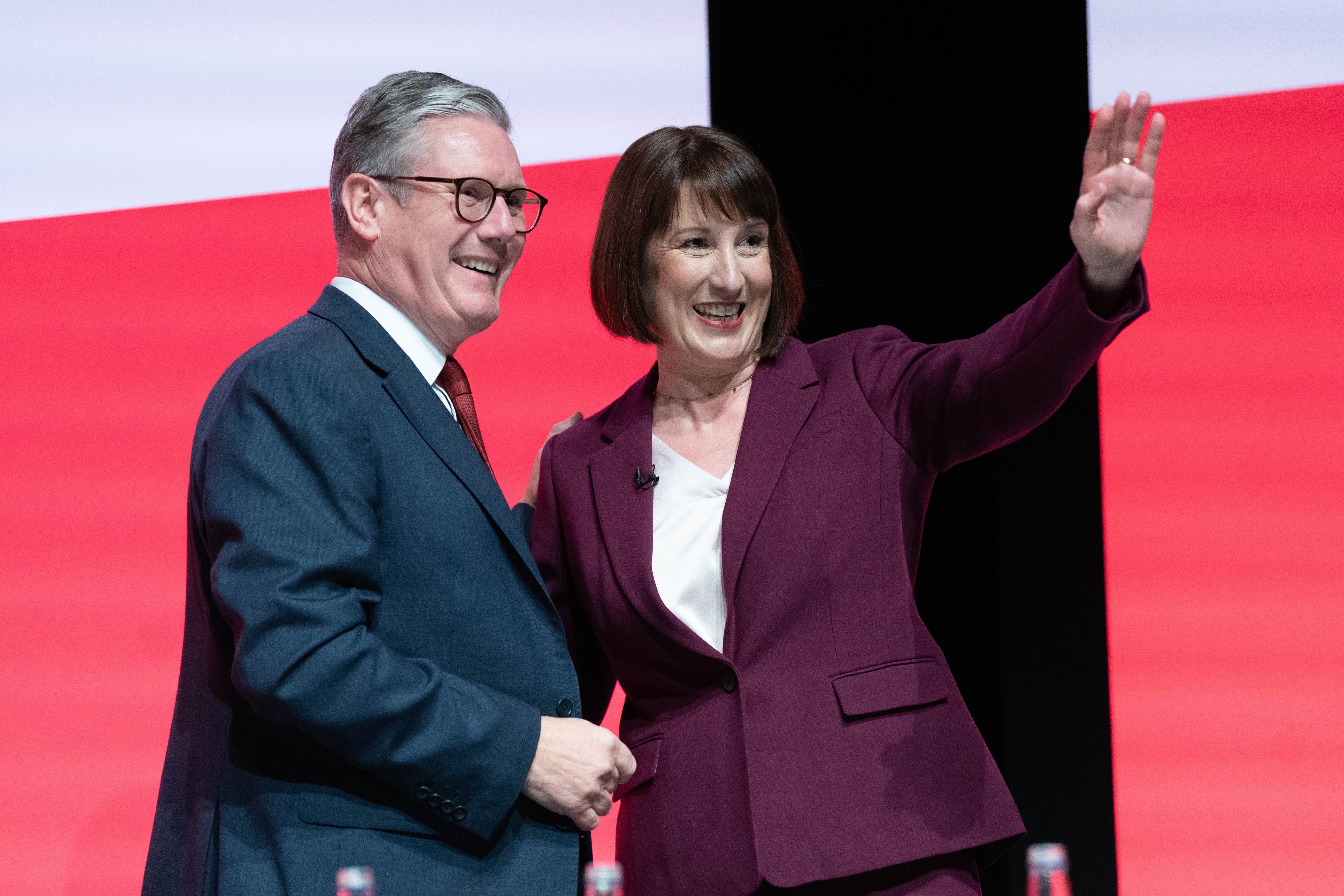UK economy returns to growth in August after two stagnant months
Rachel Reeves will announce her autumn Budget on 30 October

The UK economy grew in August after two months of being flat, the latest official figures show.
Gross domestic product (GDP) has recorded a 0.2 per cent growth in August, an increase on no growth in June and July, figures from the Office for National Statistics (ONS) said.
While growth was already forecast in economic predictions, it will come as a boost for new chancellor Rachel Reeves ahead of the autumn budget at the end of October.
But the ONS warned that the “broader picture” still reflects one of “slowing growth” compared to the first half of this year.

ONS director of economic statistics Liz McKeown said: “All main sectors of the economy grew in August, but the broader picture is one of slowing growth in recent months, compared to the first half of the year.
“In August, accountancy, retail and many manufacturers had strong months while construction also recovered from July’s contraction. These were partially offset by falls in wholesaling and oil extraction.”
Prime minister Sir Keir Starmer previously warned in August of a “very painful Budget” ahead as Labour pushed the line that things were “worse than we ever imagined”, and Ms Reeves has since been weighing up how to finance Labour’s financial commitments.
But Paul Johnson, director of the Institute for Fiscal Studies (IFS), previously said Labour were aware of the financial challenges in the run-up to the election but “refused to confront them in its manifesto and pre-election statements”.
The government will need to raise £25bn in extra taxes in order to meet Labour’s spending commitments, the IFS warned when Labour took power.

Labour’s election promise to not raise income tax, VAT or national insurance employee contributions has left Ms Reeves looking for more creative methods to fill the “black hole”.
Reeves could raise capital gains tax to 39 per cent and the second home rate to 24 per cent, it has emerged, while Sir Keir has refused to rule out an increase on employer contributions to national insurance.
The chancellor is reportedly also considering an adjustment to the fiscal rules to allow her to borrow billions for infrastructure investment, unlocking up to £57bn.
Before the election, Labour pledged to follow two fiscal rules: that costs are met by revenues such as tax, and that debt must be falling as a share of the economy by the fifth year of the economic forecast.
According to Mr Johnson, fiscal rule changes could risk “spooking the markets”, adding: “I don’t think you are going to pull the wool over anybody’s eyes by redefining debt.”
If adopted, the fiscal rule changes will be announced within the autumn budget on 30 October.
Join our commenting forum
Join thought-provoking conversations, follow other Independent readers and see their replies
Comments
Bookmark popover
Removed from bookmarks